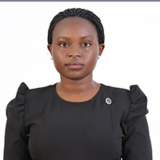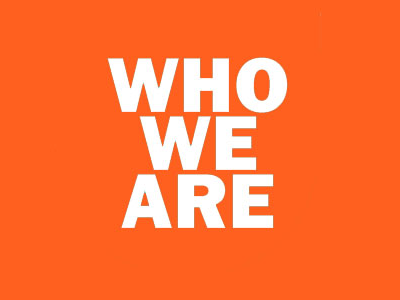 We are an independent non-profit think tank based in Uganda that advances digital rights on the Continent. We are dedicated to stimulating debate on issues related to digital law and policy in in the Region. Through research, workshops, briefs and policy updates, we aim to bring together industry, policy makers, regulators, academics and civil society in Africa with the objective of ensuring inclusion of marginalized communities in the digital economy.
We are an independent non-profit think tank based in Uganda that advances digital rights on the Continent. We are dedicated to stimulating debate on issues related to digital law and policy in in the Region. Through research, workshops, briefs and policy updates, we aim to bring together industry, policy makers, regulators, academics and civil society in Africa with the objective of ensuring inclusion of marginalized communities in the digital economy.
We collaborate with similar entities on key issues of internet and society, conduct research, help improve policy, laws and regulation that shape the technology sector in Africa.
Our Objective is an open and more inclusive digital economy in Africa.
To do our work, we rely heavily on research to understand the market and encourage the use of data for decision making.
Our approach to building an inclusive digital space will ensure our interventions benefit all marginalized communities whose livelihoods may be improved through access to the digital economy. We are cognizant that across the region youth and women in particular, face additional constraints to taking part in the digital economy, and tailored approaches are required to enable them to become active participants in, and beneficiaries of the any the digital economy.
Mission
To advance digital rights for communities across Africa.
Vision
To develop an inclusive and equitable digital economy.
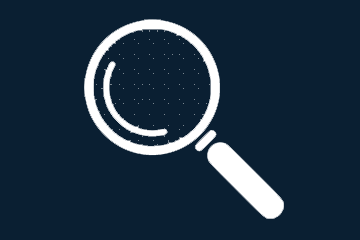
Under this pillar, we promote transparency and accountability in the public sector by promoting adoption of responsible governance and information practices and supporting regulators and policy makers to develop policies, laws, regulations and processes that should result in a more conducive digital environment.
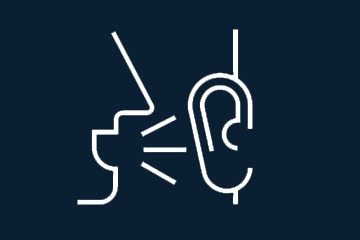
Misinformation spreads fast, particularly in times of crisis. Under this pillar we seek to facilitate trust in the digital ecosystem by equipping users to distinguish fact from fiction.
Take part in our mini survey on the impact and perception of misinformation (fake news) in Uganda, designed to understand the relationship between misinformation and trust across different demographics of the population.
Click here to complete the survey: link
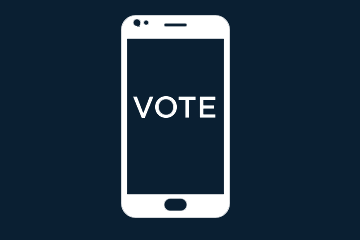
Trust and confidence in the integrity of democratic processes are essential for good Governance. In order to restore trust, there is a need for transparency in the use of technology and personal data as a tool in campaigns and elections.
Under this pillar we explore the use of technology and data analytics for political purposes, tackling issues of privacy and electoral interference.
Our Board is responsible for oversight of organizational strategy, review of strategic and financial statements, reports and annual audits.
The Advisory Committee comprises technical experts who advise on emergent areas of the digital economy and support the development of new initiatives in line with our Mission.
We accept funding through individual, corporate and institutional donations.
